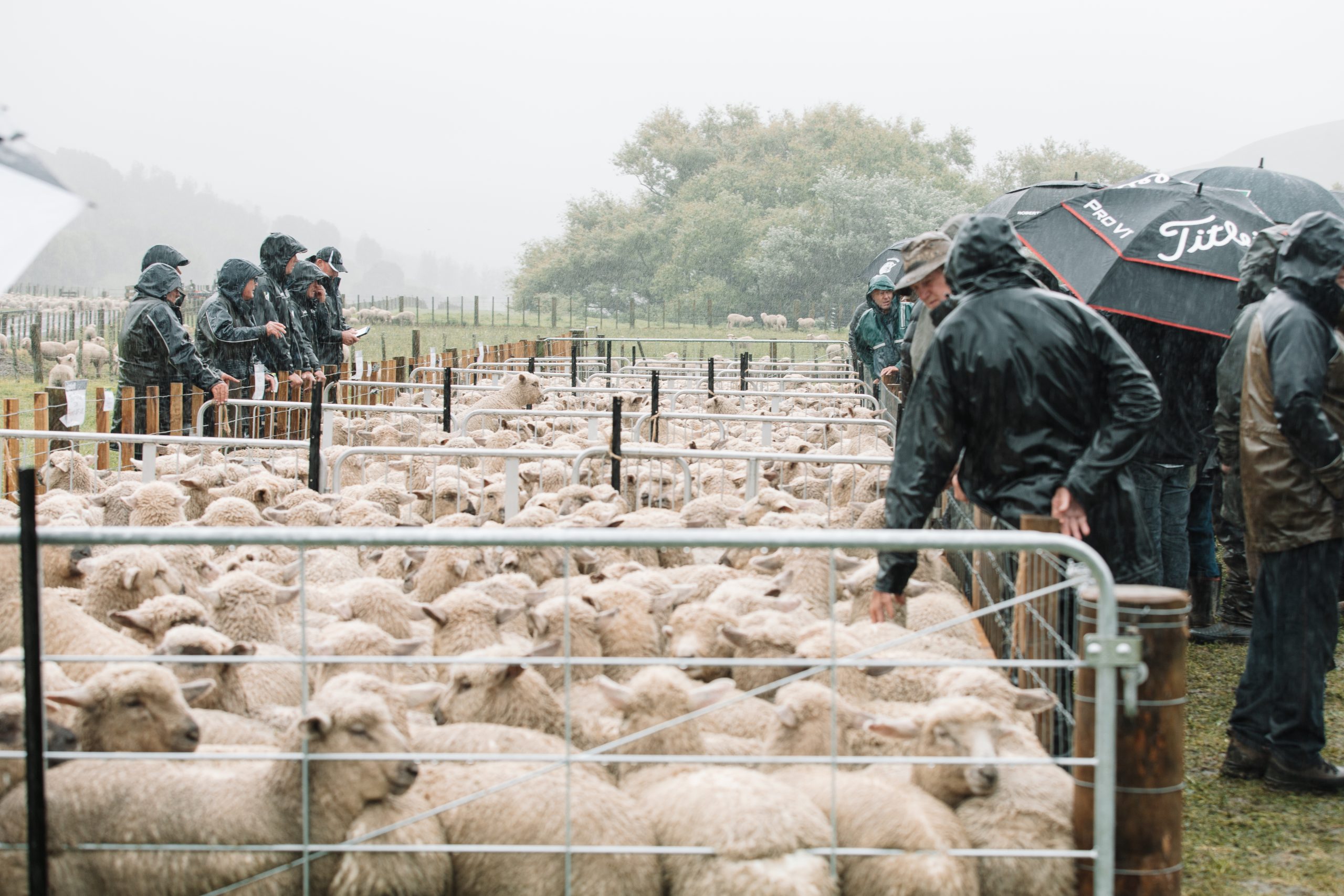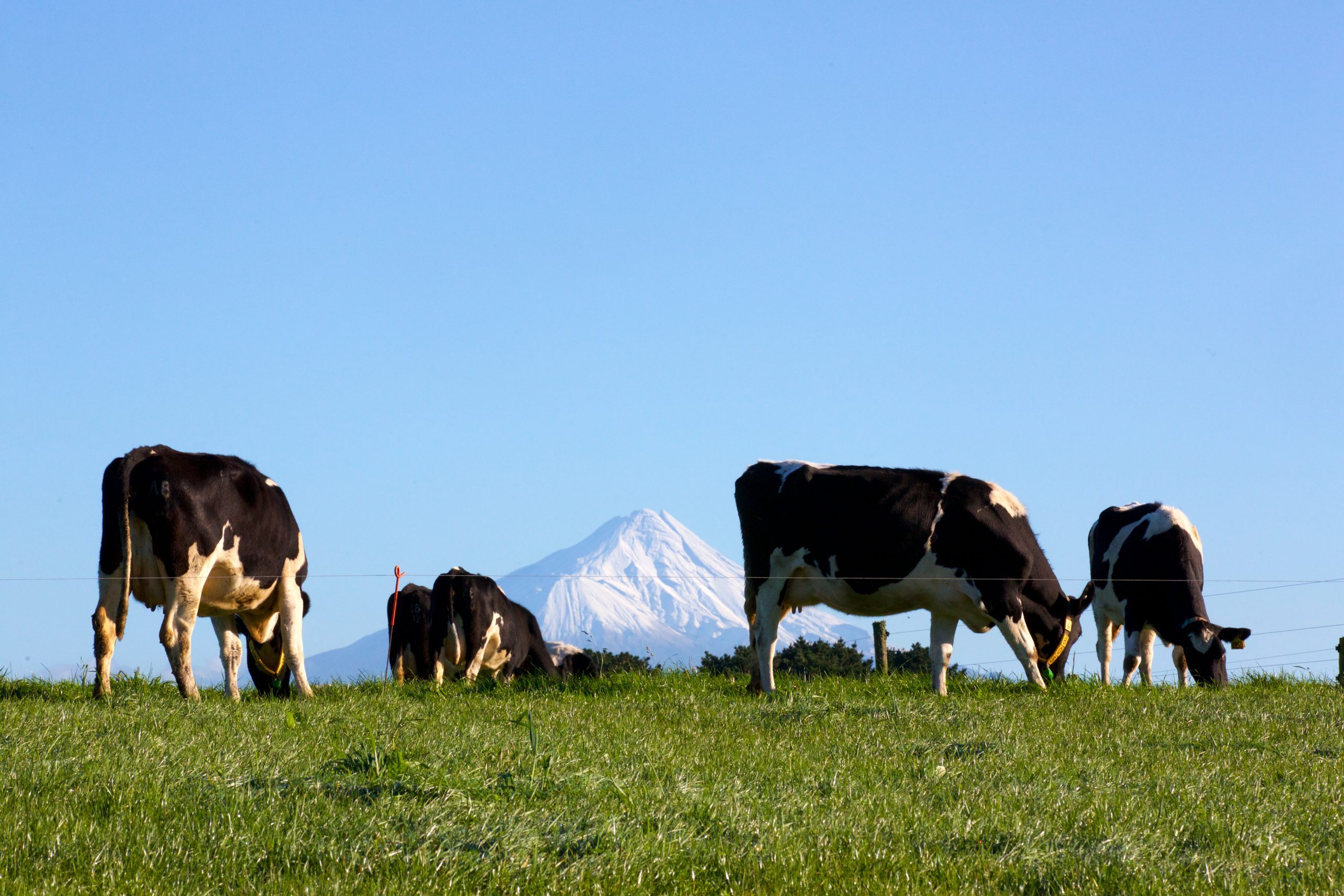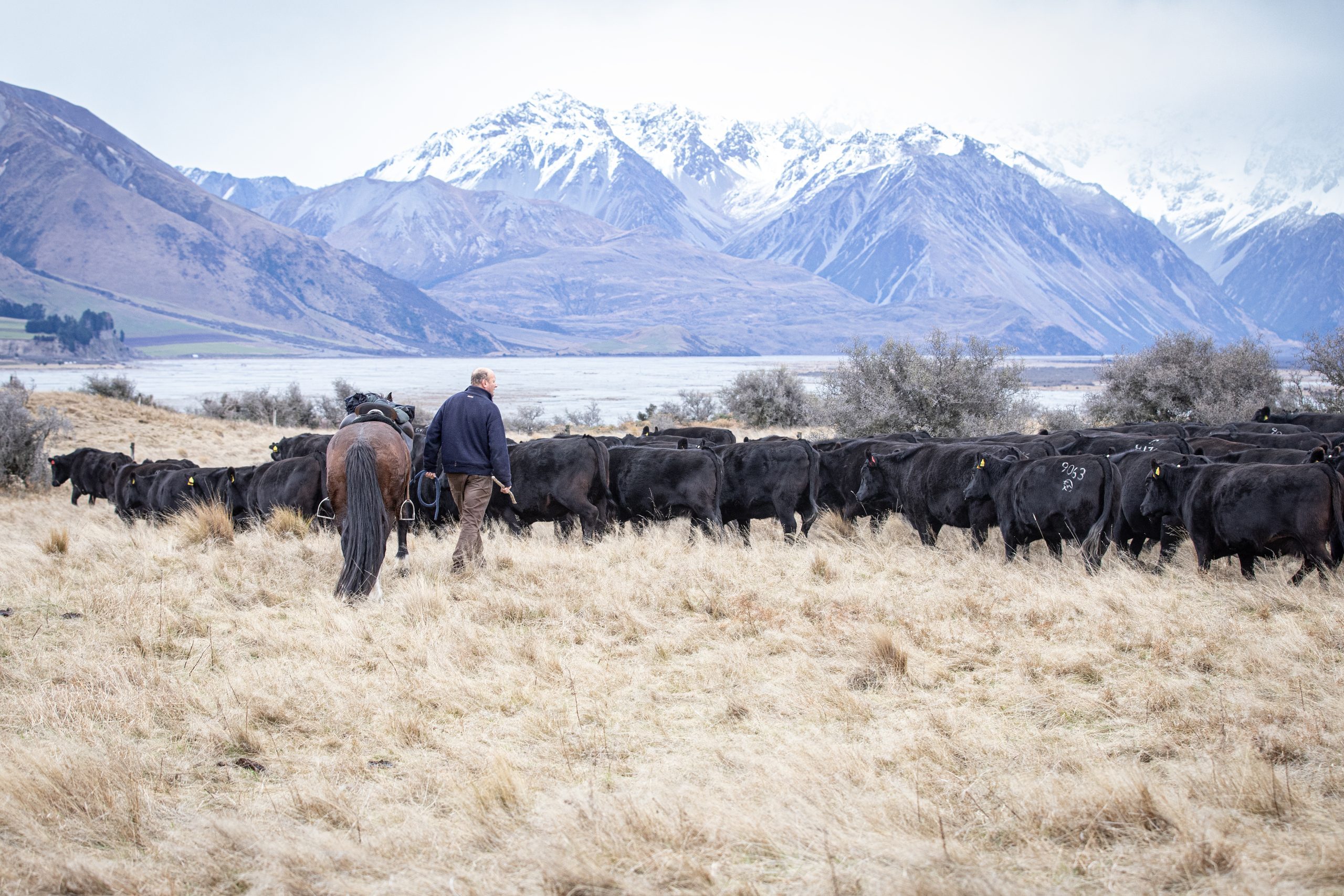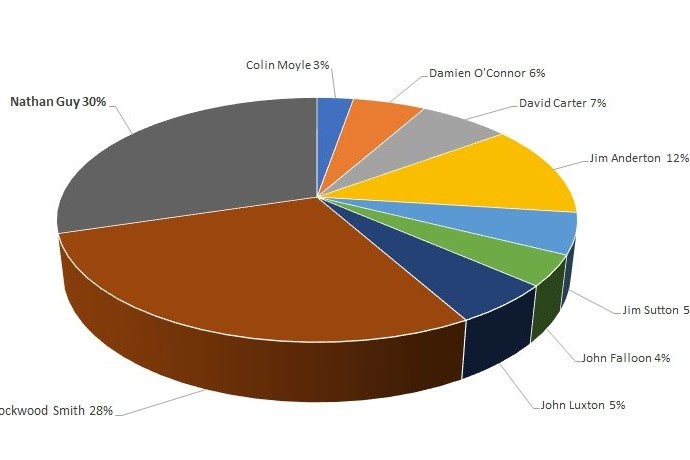When the United Nations’ Intergovernmental Panel on Climate Change recently released its report on climate change and land one of the first to seize on it was Greenpeace. It seems Greenpeace is fixated on destroying New Zealand’s pastoral farming and the economy. So no wonder it claimed the report vindicated the immediate halving of the national dairy herd.
However, the report does validate NZ’s low emission farming practices and the global need for animal protein food production. NZ pastoral farming fits within the IPCC’s Paris Accord agreement statement, “increase the ability to adapt to the adverse impacts of climate change and foster climate resilience and low GHG emissions development in a manner that does not threaten food production”.
Farmers here have reduced methane emissions by 30% since 1990. A litre of milk produces 0.9kg of carbon compared to the world average of 2.5kg; 100g of lamb has a carbon tag of 1.9kg, far less than the world average of 2.6kg.
For top lamb finisher James Hunter the IPCC report is a green light to present their credentials to global markets (p14). James is a top lamb producer who has reduced emissions on his farm which has won environmental awards.
He believes the farm is carbon positive and wants recognition for it. If the proposal to levy farms through processors goes ahead, farmers like James’ efforts won’t be recognised and rewarded.
He is also concerned about the loss of biodiversity and communities due to the Government’s subsidy for carbon credits which is encouraging wholesale planting of pastoral farms into forestry.
A recent report commissioned for Beef + Lamb focused on Wairoa as a case study. If all the sheep and beef farms in Wairoa were converted to forestry, about 700 local jobs (20% of employment) and $23 million would be lost from the local economy.
Instead of just defending farming against anti-pastoral farming vegans, film producers and poor Government policy, the industry should also deflect. Show the world NZ milk and red meat comes off low, even positive carbon-emission farms. That Kiwi farmers are heroes, helping to fight global climate change.
As James said, “what a cool story”.





